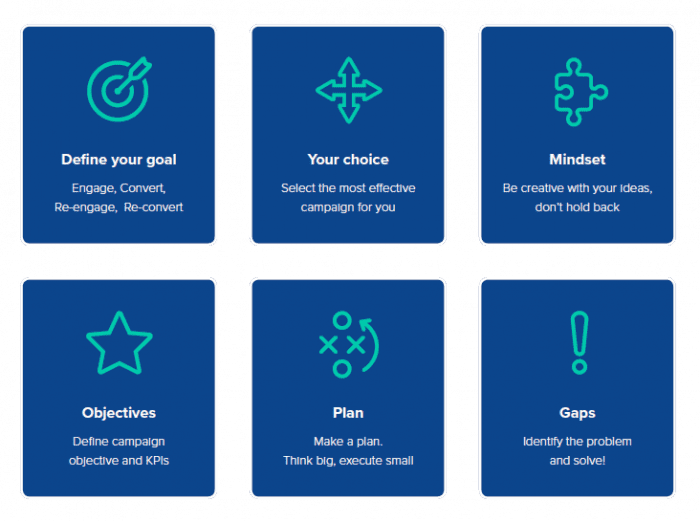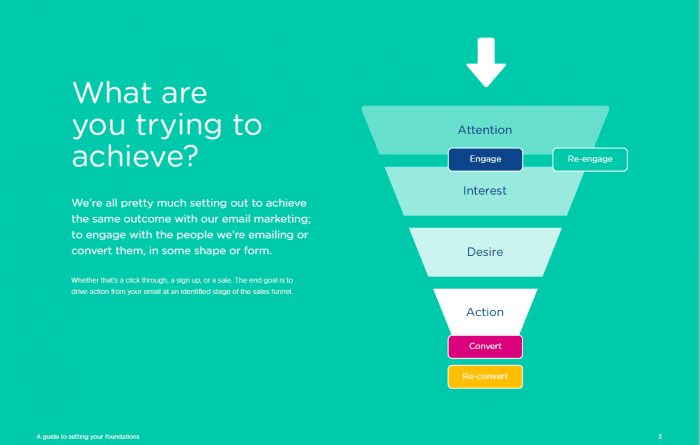How email automation can create better results for your email marketing strategy
At Communicator, we are trusted partners in email marketing. We work in partnership with our customers, which are all ambitious brands to make sure that they are achieving breakthrough results using our software suite. As part of our focus to help you to achieve email sophistication, we wanted to share with you what email automation is and how it can help your email marketing.

First things first, what is email automation?
Automation by definition is where you introduce systems that will generate actions due to certain triggers that you set up. Applying this to email marketing, it means that once a customer subscribes to a certain email journey, they will automatically receive your emails without you having to do anything else. This is a brilliant function for you, an email marketer, as it means once you’ve set these up – they can run themselves and you can spend your time on other tasks.
But don’t just take our word for it. Our most recent Email Marketing Benchmark Report found that the average open rate of automated emails is 75% higher than non-recurring emails. Automation continues to dominate one-off messages when looking at average unique open rates. However, moving beyond overall averages and looking specifically at the upper and lower 50% of the dataset, highlights the same key trend; automated messages perform better across the board. One-off campaigns will always have their place in your email marketing strategy, but these days, more and more companies are starting to set up automated email campaigns that can trigger based on a user's journey.
The barriers to setting up automated campaigns include; time, technology and data. But once you’ve got these sorted and your systems in place, they will pretty much run themselves and you will just need to keep an eye on them every now and then. Automated emails are personalized, timely and relevant to the reader and because they work on a basic trigger and action system (when a trigger occurs, send a specific email). From this point onwards, you're only really limited by your creativity, business needs, and technology.

Benefits of marketing automation
So, what are the benefits?
We appreciate that chunks of time are often hard to come by to dedicate towards one task. However, we’ve found that it takes on average 4 hours to create, test and dispatch an email, therefore if you’re doing one email dispatch a week – that’s quite a considerable amount of time that automation could give you back.
Give yourself your time back
Get your stakeholders to take a step back, look at the bigger picture. Getting the buy-in to invest your time in creating automated emails will only save you time, in the long run, to put towards other forms of marketing by eliminating the manual effort of single dispatches. Who doesn’t want more time?!
Improve your performance with automated emails.
The very nature of automated emails means that they are personalized and relevant to every recipient, meaning that they are increasing your engagement. As well as your automated messages increasing engagement, they are also driving your messaging and reinforcing your brand with your recipients. The more that you positively reinforce these, you build the relationship with your recipient. This is constantly adding to the customer’s journey and increasing their lifetime value. After all, we all have our favourite retailers don’t we, and nice emails can help us to decide who these are.
Drive up your ROI
By using these timely and relevant emails you can really increase your ROI. We have found that automated emails are opened and clicked more than non-automated emails. By increasing your opens and clicks, you’re therefore driving more traffic to your website and generating more revenue. What’s the average value of a purchase on your website?
If you compare how much your automated emails will outperform non-automated emails in clicks and opens, you can imagine the amount of additional revenue you could receive from them. Automated emails also provide additional revenue opportunities in the form of abandoned basket emails that will recover previously lost business. With automated emails, you can make your emails work harder to make your ROI larger.
Start with the basics
So, we’ve talked about the benefits of using automated email. But what automated emails could you send? Our advice would be don’t try and run before you can walk. Why not start with Welcome & Birthday emails? These should be key tools when embarking on an email automation quest – so this is a great place to start.
In your welcome emails, you can explain the benefits of signing up to your mailing list, and ask for subscription preferences – giving you a one-off chance to get even more information about the subscriber to use in your future campaigns. A birthday email is another no-brainer – if it suits your brand and your proposition, this is a great opportunity to get your customers thinking positively about you. It is also a great way to upsell/cross-sell, for example, a retailer can encourage a recipient to buy their new birthday dress or shoes! With the added bonus of free delivery.
Give it a go!
When setting up your automated emails, the biggest challenge that you come across is the time to get it done. Get buy-in from management and free up some resource, saving yourself much more time in the future.
Start basic – you don’t want to jump into the deep end. Use the data that you already you have, like the point at which someone signs-up, and welcome them. Once you’re up and running, think outside of the box – what new segments can you explore? Think of innovative ways to capture further details and personalize more of your messages.
Why not take our Sophistication Scale test to see where you line up and where you could be. See where you are now and where you could be, then we’ll help you with the in between.

Thanks to Ben Tomlinson for sharing his advice and opinions in this post. Ben is the Product Marketing and Partnerships Manager at
Communicator and focuses on the technology behind what makes great email marketing. Keeping a close eye on industry and software developments, Ben covers any updates in his blogs. To find out more, visit the
Communicator website or follow them on
Twitter





 Thanks to Ben Tomlinson for sharing his advice and opinions in this post. Ben is the Product Marketing and Partnerships Manager at
Thanks to Ben Tomlinson for sharing his advice and opinions in this post. Ben is the Product Marketing and Partnerships Manager at 


